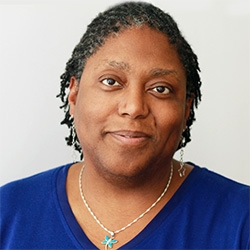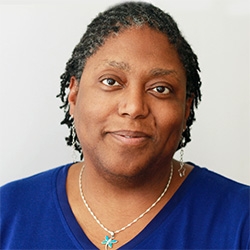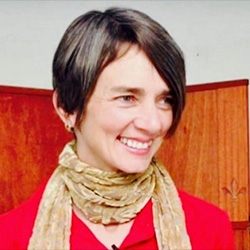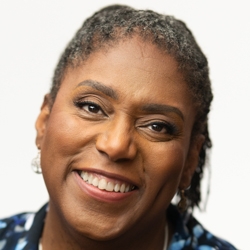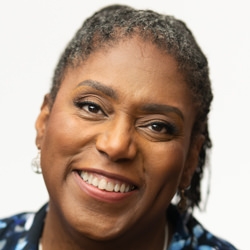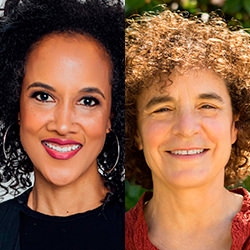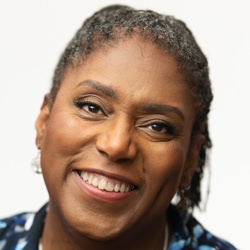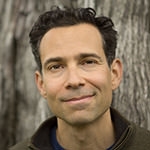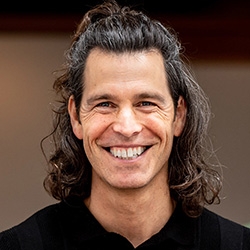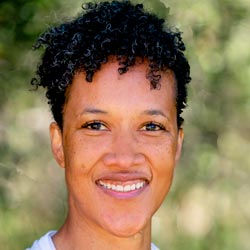
Search Results: social change
-
Certified CNVC trainer Roxy Manning, Phd, answers a question: how to create a safe space for a first time group working on power and privileges ?
-
Certified CNVC trainer Roxy Manning, Phd, answers a question: how do we use the term "harm" in NVC? Think of the word "harm" as an unmet need, practice observation to identify the need or needs that are not met.
-
Most people want to punish perpetrators of sexual violence. Unfortunately, punishment doesn’t lead to lasting widespread change. Rather, we can identify root causes and conditions that sustain violence. That means shifting from individual to systemic lenses, and from punitive to restorative responses. It means collective learning about how such acts are nurtured and persist. This can reduce the chance of it happening again.
-
Hearing actions that lead to living beings' harm, you may notice that some people believe that the needs of some must come at the cost of others. This view arises from fear and an economic system meant to promote and feed off false scarcity. When struggling with this, grieve, receive support, and notice your feelings show you certain values matter to you. From this sense of purpose you can find where you can be of most service.
-
How do you navigate tension around honoring all aspects of your experience, as you express yourself within your community, and seek to take action that supports your vision for yourself and your people? How do you attend to your self-determination while honoring others’ path? Read on for an example of how the authors navigated this in response to tensions in NVC trainer community that included requests for her to self silence.
-
Roxy Manning discusses the distinction between group purpose and group agreements. Group purpose is identified as the reason for gathering, such as learning to facilitate groups with a focus on inclusion and contribution. Group agreements are the policies or intentions to support the purpose, like creating space for all voices or forming affinity groups to address identity-specific challenges. The emphasis is on how agreements facilitate the manifestation of the group's purpose.
-
What is empowered speech and how does it link to interdependence? How do you speak in a way that increases the chances of being heard and creates space where individuals are more inclined to listen and act? In this excerpt from the 2021 course, Working Together for Change, Itzel and Kathy explore how to do this by integrating empowered speech, attuned speech, and a commitment to maintaining connections.
-
There is more to the NVC skill of Observation than the external level of what a video camera sees or hears. In this video, Roxy demonstrates that to fully understand what is happening, we need to know all three layers of observation: External, Internal, and Systemic. 
-
Join Itzel Hayward and Kathy Simon as they present two role-play scenarios showcasing diverse approaches to navigating difficult conversations. Throughout the demonstration, they underscore the significance of cultivating self-empathy and mindfulness to effectively engage in challenging dialogues. Specifically, they introduce a role-play scenario concerning affirmative action, aimed at illustrating the contrasting outcomes when utilizing or not utilizing nonviolent communication skills.
-
How DO we live our lives? What is an effective response to what is happening in the world? Listen in as Miki dialogs with a participant asking, "What is mine to do?", and honors the dissonance we feel when working to change.
-
Our inner world shapes what we do, including the results we see in relationships and social change efforts. Physical and verbal actions are expressions of what’s happening in our minds. If we want certain outcomes, it helps to be mindful of the intentions we plant within ourselves.
-
Roxy Manning shares some strategies to support a child's natural curiosity when asking questions about physical differences using NVC skills.
-
It’s essential to give ourselves time to grapple with the complex feelings surrounding the brutality of state-sanctioned racism and violence. But if all we do is reflect and attend to our emotions we fail to show up, where and when it counts. So let's not perpetuate the violence by standing idly. Instead, here's ten things you can do to move into concrete action to address the continued, untenable, and horrific violence of racism. A list of resources is included.
-
Amidst the Israel/Palestine war we see polarizing media portrayals and the battle for public opinion. Read how one person shares his deep, personal connections to the Israel/Palestine conflict, expresses the trauma and viewpoints of both Palestinian and Israeli experiences -- in a way that aims to transcend polarizations, hold compassion, and understand the complexity on both sides. Despite the immense challenge that defies easy resolution, he holds hope, noting historical reconciliations such as the ones between Germans and Jews.
-
-
Hi friends, My name is Itzel and I’m happy for this opportunity to share a bit about myself and how I came to teach NVC. I was an activist before I knew what the word meant. When I was a child, I often argued with the adults around me about what I thought was “right.” If I had a nickel for every time a grown-up said to me, “You should be a lawyer,” I probably would’ve collected enough money to pay for the law school education that I eventually got. I left my traditional legal career path after more than a decade to become a...
-
-

This telecourse recording gives NVC Practitioners a guided tour of Ken Wilber’s work, a meta-theory (theory of theories) that includes as much knowledge and wisdom from as many sources as possible. You will explore how NVC and Integral Framework mesh, overlap and complement each other.
-
How we treat ourselves when we fall short of our own ideals, desires and hopes can profoundly affect the quality of our lives. Learn how to identify your triggers and reactions, to mourn falling short, and to practice self-connection and self-empathy.
-

